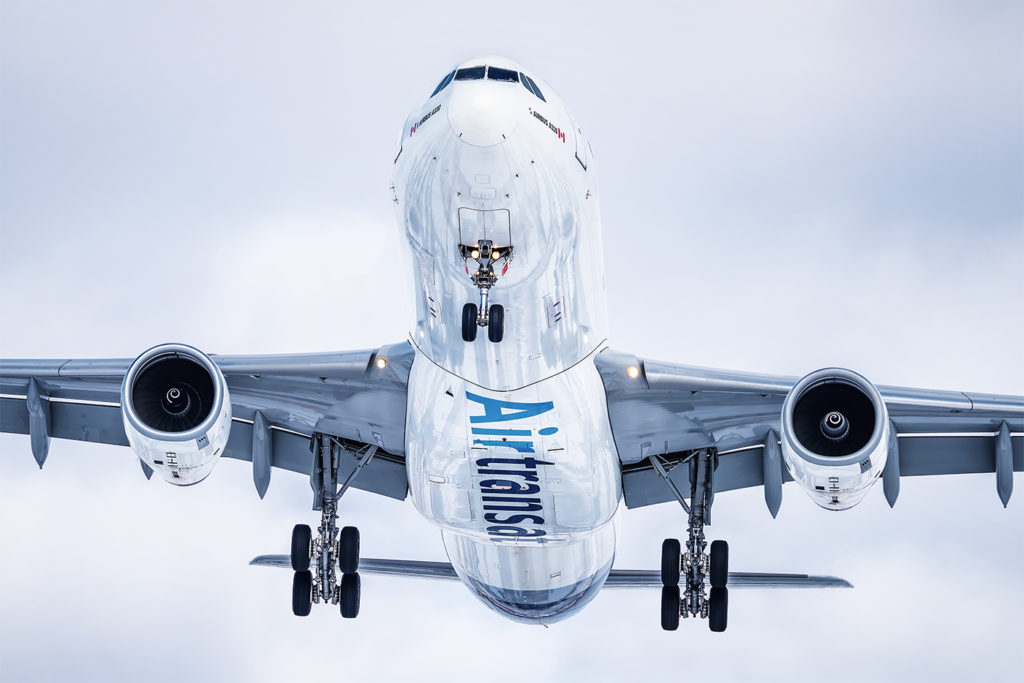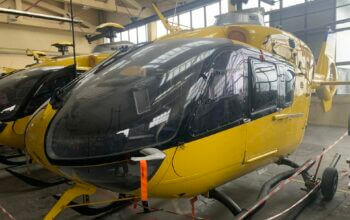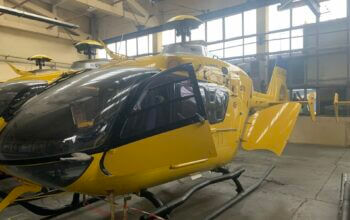Estimated reading time 7 minutes, 4 seconds.
Having heard from a broad cross-section of Canada’s aviation industry, the House of Commons Standing Committee on Transport, Infrastructure and Communities has made 31 sweeping recommendations it says are critical to jump-starting aviation’s recovery.
“There is no doubt that the air transport sector is critical to Canada’s economic recovery and to the connectivity of the entire country,” said its chairman, Ontario Liberal MP Vance Badawey, adding that the recommendations are aimed at “maintaining the sector’s competitiveness, protecting jobs, and ensuring the health and safety of workers, passengers, and the Canadian public.”

Some of the committee’s 31 recommendations in a report tabled in the House are non-prescriptive, such as urging the government to work with industry and labor to protect jobs in the wider aerospace sector — taking “meaningful steps to improve the safety of the working environment,” and having “science-based and data-based decision making” policies about COVID-19 testing and quarantine measures for a “phased re-opening of international air travel and . . . a clear path forward for the re-opening of domestic travel.”
However, the committee saves the meat of its report in recommending that the government invest directly in the industry — including potentially taking equity positions — and that it essentially overhaul Nav Canada, the country’s air navigation services provider (ANSP).
On the broad issue of rebuilding an industry flattened by the COVID-19 pandemic, the committee says the government should “extend support . . . as soon as possible.” But it says that support should be contingent on carriers reimbursing customers who had flights cancelled, as well as on their restoration of regional services to many remote communities.
It also says the government should ensure that any financial support is not siphoned off for executive compensation or shareholder dividends. Rather, it should be “directly tied” to rehiring and retaining staff and conditional on aircraft maintenance being done in Canada.
Reflecting an acknowledged reality that it will take time for the sector to recover, the committee recommends the government continue its wage subsidy program beyond June, and that Transport Canada give large and medium-size airports some rent relief.
Safety concerns arising from chronic understaffing at Nav Canada, exacerbated by what the committee agrees is a shortage of trainees, also are targeted by the committee. Urging the government to work with the not-for-profit ANSP, it highlights a need to update air traffic controllers’ fatigue regulations in the same way that it addressed the issue for flight crews.
Those recommendations flow from unions’ concerns about proposed service reductions at air traffic control towers and area control centers. The committee says the government must ensure “that safety is not compromised as part of any service level adjustments” and give the Transport Minister authority to confront the overall issue.
While it also says the government should consider “emergency funding” for Nav Canada until air travel returns to “previous levels” — which some industry analysts say could be a couple of years or more — the committee says the government should explore a longer-term approach to how Nav Canada generates revenues.
The Bloc Québécois (BQ), with one member on the committee, was predictably parochial, saying in a “supplementary opinion” that it was “deplorable” that the other parties had “omitted certain crucial elements” needed for “a healthy environment for consumers and workers in the air transport sector.”
Criticizing what it decries as an “Ottawa knows best” approach endorsed by “federalist parties,” the Bloc says “Quebecers living in the regions are the ones who know best what they need most.”
Accordingly, it calls on the federal government “to set up an air transport service for the regions of Quebec” and to crack down on “anti-competitive actions of some players.”
It specifically cites Air Canada, saying that when smaller operators had tried to tap into regional markets long before the pandemic erupted, the national carrier had a pattern of “dumping” prices until the smaller operator is forced out. “Once the result is achieved, Air Canada is quick to bring its prices to a prohibitive level.”
Another BQ priority is “real consideration for the issue of the sale of Air Transat,” after a takeover fell apart when European regulators refused to give the charter operator their seal of approval because of the potential impact in their markets.
Even though the committee’s original mandate for the overall review included a proposed review of the Air Transat situation, the Bloc says this “never materialized” because the other parties “preferred to evade the issue as much as possible” even though “thousands of jobs, a major head office, and even competition in the market were at stake.”
It was, the Bloc says, clearly playing to its political base; “one more reason for Quebec to leave Canada in order to be able to look after its own interests without having to depend on a political system that only exists to perpetuate itself.”








